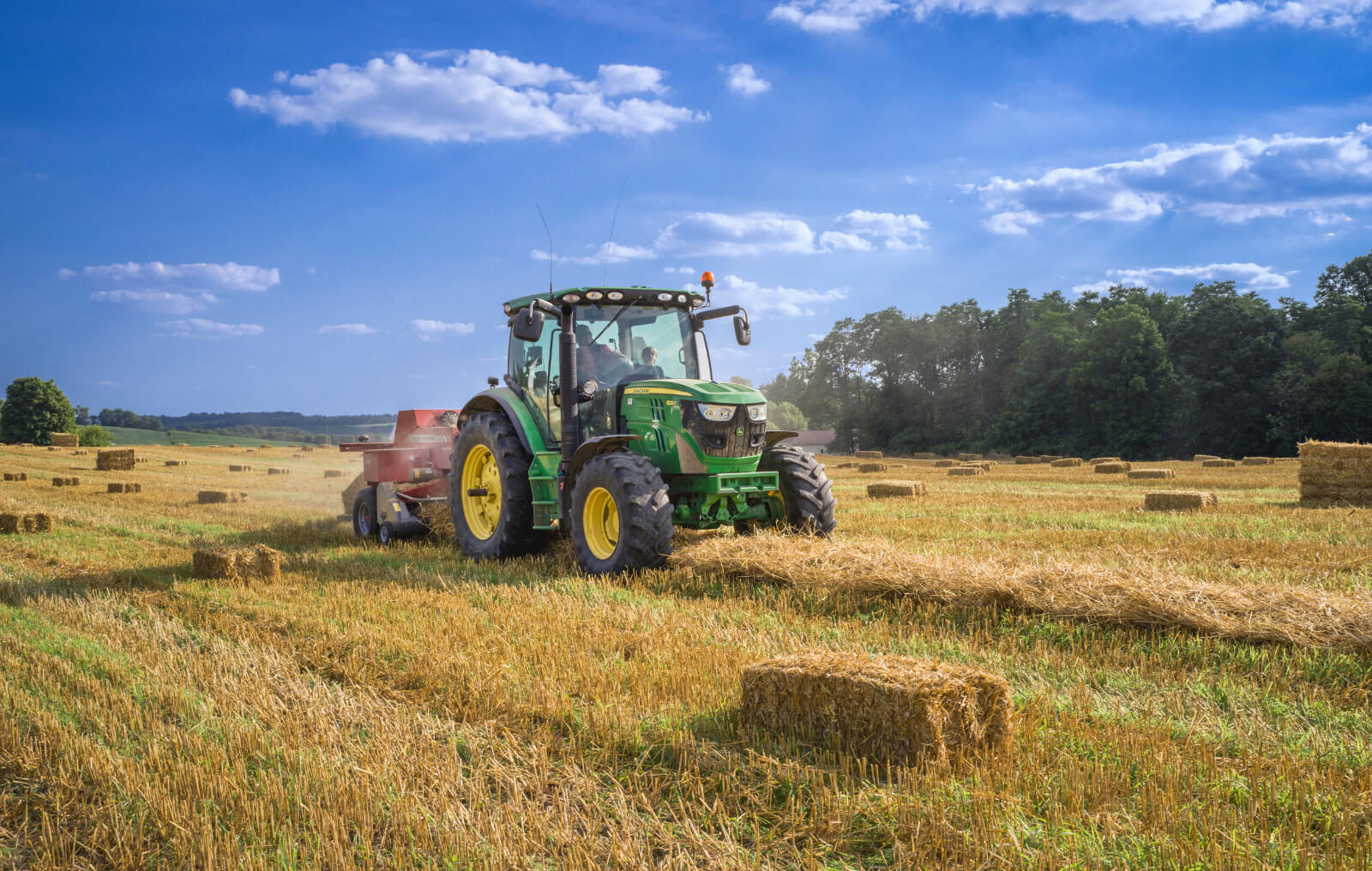Business and professional information companies have long been sought after by financial investors but 2015 marks the emergence of a previously low-profile segment now drawing increased private equity interest: agricultural information.
Deal activity
Two deals have taken place in the UK this year – the first was the sale of Briefing Media to Lyceum Capital, providing a very successful exit for Kester Capital. Previously owned by UBM, Kester backed a carve-out of the business by an experienced team of media industry operators that turned an underperforming asset into a multi-format information and marketing platform serving the UK agricultural industry.
Then came the announced carve-out of GFK’s Animal and Crop Health division by Inflexion. The unit specialises in the creation and delivery of proprietary data sets, sold globally on a subscription basis to global leaders in agribusiness.
Between these two transactions, LDC backed the MBO of PEI Media, announced in September this year. Not a specialist ag-info player, this subscription publishing and events business has extended its coverage of financial asset classes into the emerging agricultural investment space.
The appearance of this often overlooked niche of business information as a target for capital requires some explanation. For decades, agriculture has lagged other parts of the economy, proving resistant to the disruptive power of data and technology that has transformed so many industries. And it is this status that is turning heads in the investment community. Analysis by Plural suggests that demand for data and information within agribusiness could be poised to accelerate. If it follows a similar path to other segments, such as energy data or financial information, the potential returns for investors could be substantial.
Hungry for information
The logic goes that information and data demand in agribusiness will grow in tandem with the professionalisation of crop and protein production, in the face of a clear imperative: to meet the demands of a growing and increasingly wealthy population in a sustainable manner, farmers must produce more with the same amount of land and with a reduced environmental impact. This challenge is only possible with the adoption of better technology, increased capital and access to information.
These are decades-long factors that will not subside in the short-term, but it seems private equity investors are beginning to believe that demand for data and information may be at an inflexion point and will accelerate rapidly during the lifetime of their investments.
Added to the attraction is the sudden interest that global agribusiness corporations are showing in data. The watershed moment came in October 2013 when Monsanto announced it was paying close to $1bn for a little known start-up called the Climate Corporation. Founded by former Google executives, the business applies advanced weather forecasting in new and innovative ways to meet the needs of the farming sector in the US. Venture funding quickly flowed into ag-tech sector, followed this year by substantial private equity interest.
This deal activity seems likely to continue, with rumours of more corporate owners contemplating divestments of information assets and heightened investor interest in the space. Equally interesting is the promise of new, and potentially disruptive, business models to emerge out of the huge data sets being generated by farming software and the array of sensors embedded within modern agricultural equipment. The rate of change is hard to predict, but it is clear that real investor appetite awaits vendors in this space.





